Greek Mythology
-

Hermes, the Olympian god known for his roles encompassing herds, trade, heralds, athletes, and thieves, is richly depicted in classical art. His attributes, sacred animals, plants, and companions highlight his significance within Greek mythology. This overview details the various aspects of Hermes’s character and symbolic representations. Attributes and Estate Winged Boots Hermes is often depicted…
-
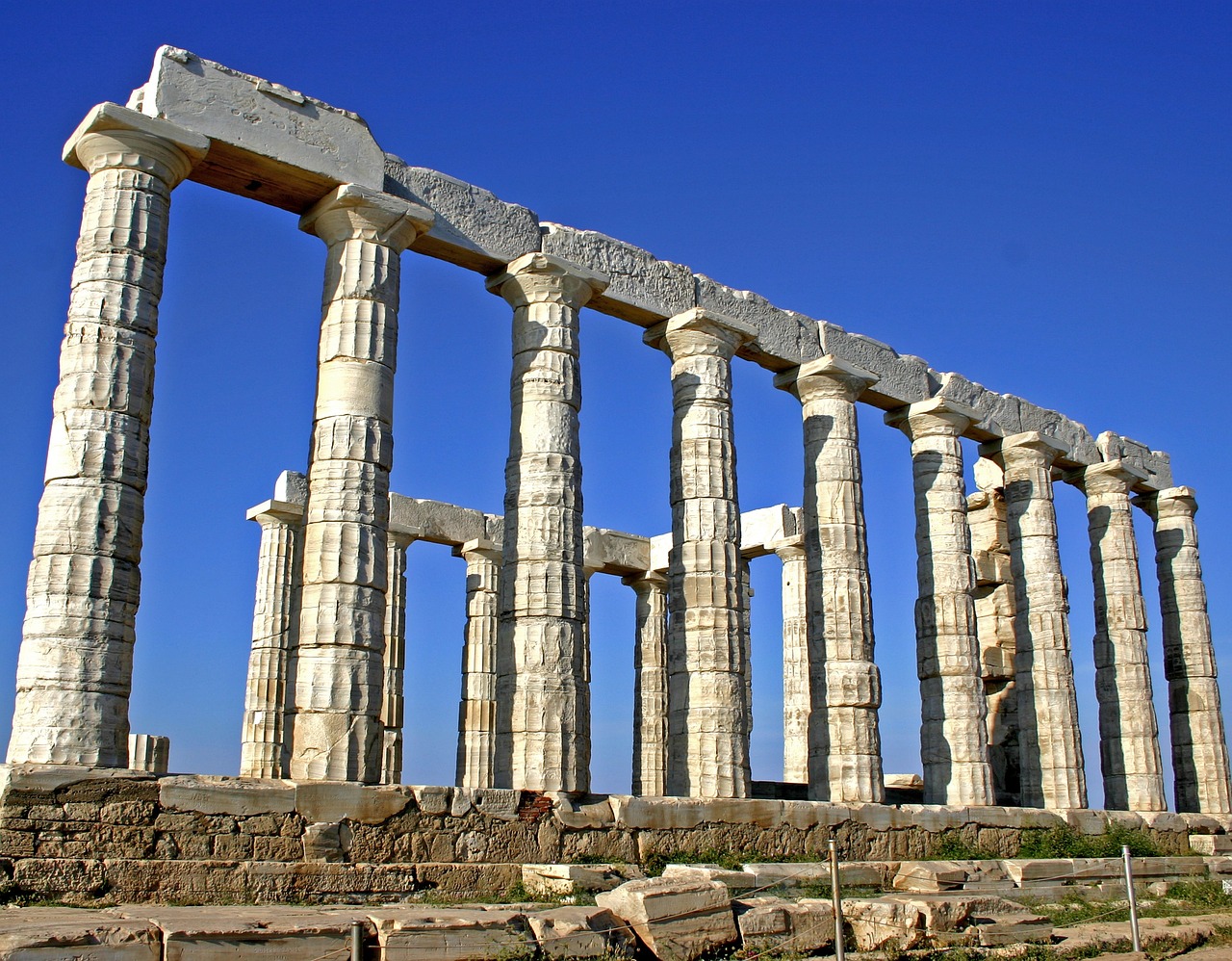
Poseidon: The Olympian God of the Sea Poseidon, a prominent figure among the Olympian gods, was revered as the god of the sea, earthquakes, floods, droughts, and horses. He is typically depicted as a robust, mature man, sporting a dark beard and wielding a trident, a three-pronged spear used by fishermen. Myths Surrounding Poseidon Poseidon’s…
-
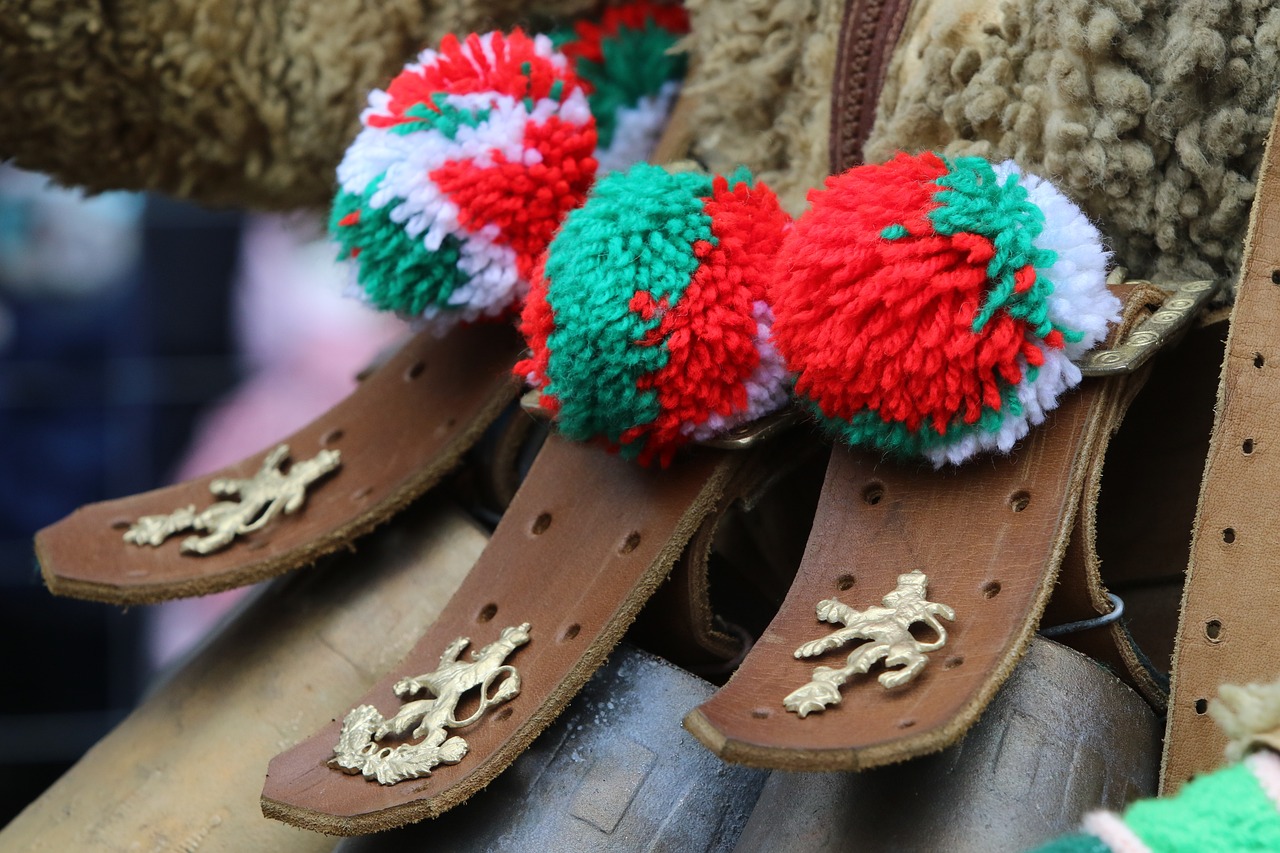
Dionysus: The God of Wine and Ecstasy Dionysus, also known as Bacchus or Liber, stands as the Olympian deity embodying wine, vegetation, joy, revelry, madness, and unrestrained ecstasy. In classical arts, he is typically illustrated either as an older bearded figure or as a youthful, almost androgynous young man. His defining symbols encompass the thyrsos—…
-
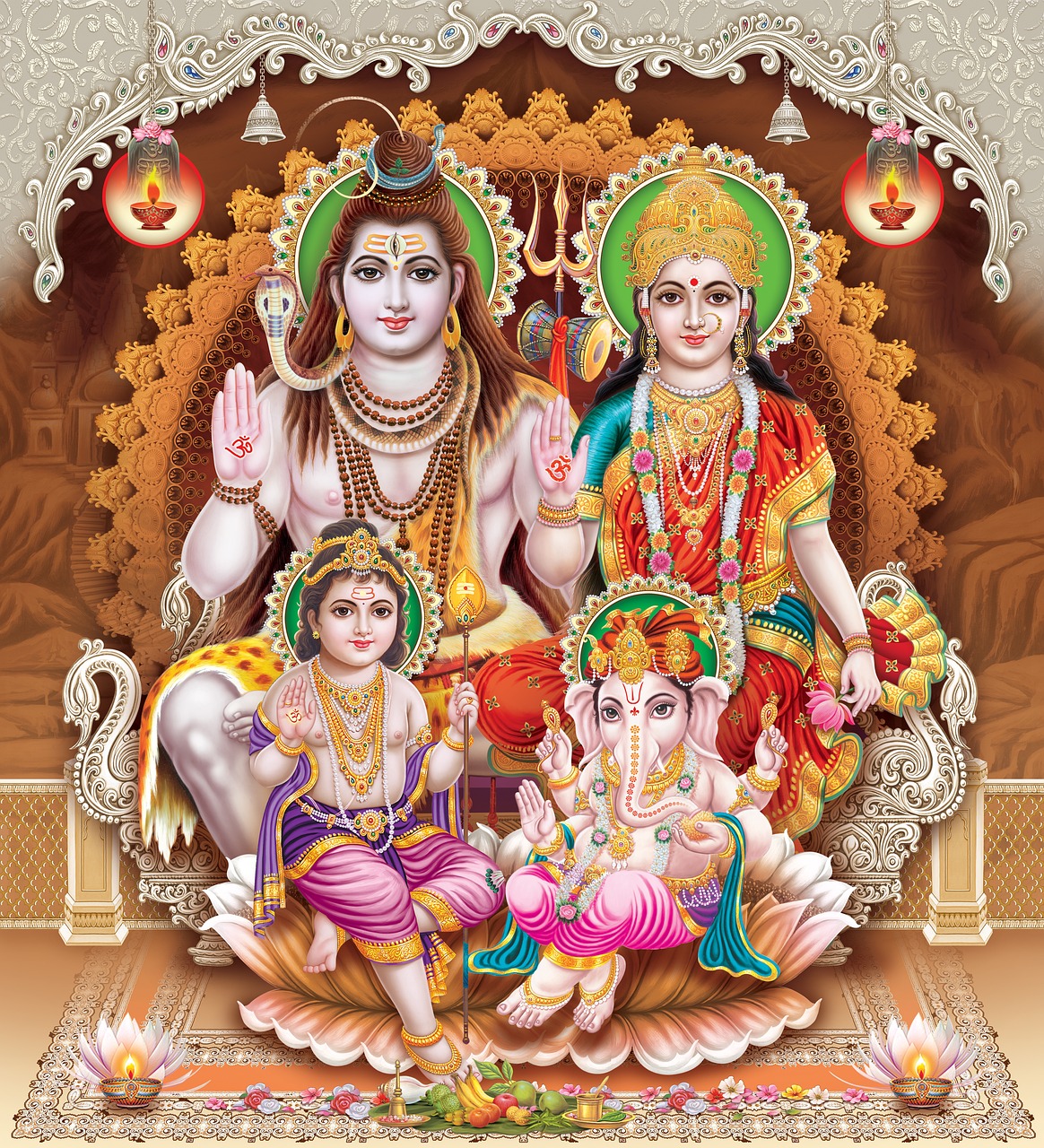
Greek mythology encompasses an extensive array of narratives involving deities, heroes, and ancient rituals, originating from the Greek civilization and extending through Classical antiquity. Although some philosophers, such as Plato from the 5th–4th century BCE, acknowledged that these myths contained imaginative elements, the general populace regarded them as authentic accounts, deeply embedded in their cultural…
-

Nike: The Winged Goddess of Victory Nike, or Nicé in some texts, embodies the concept of victory—both in combat and during competitions of a peaceful nature. During the tumultuous era of the Titan War, she became an essential ally for Zeus after Styx presented her alongside her siblings: Zelos (Rivalry), Kratos (Strength), and Bia (Force).…
-

The Legacy of Zeus in Greek Mythology Zeus, the principal figure in ancient Greek mythology, is acknowledged as the supreme god of the pantheon, embodying the forces of the sky and weather, akin to the Roman deity Jupiter. His name possibly derives from Dyaus, the sky god from the ancient Hindu text, the Rigveda. Revered…
-
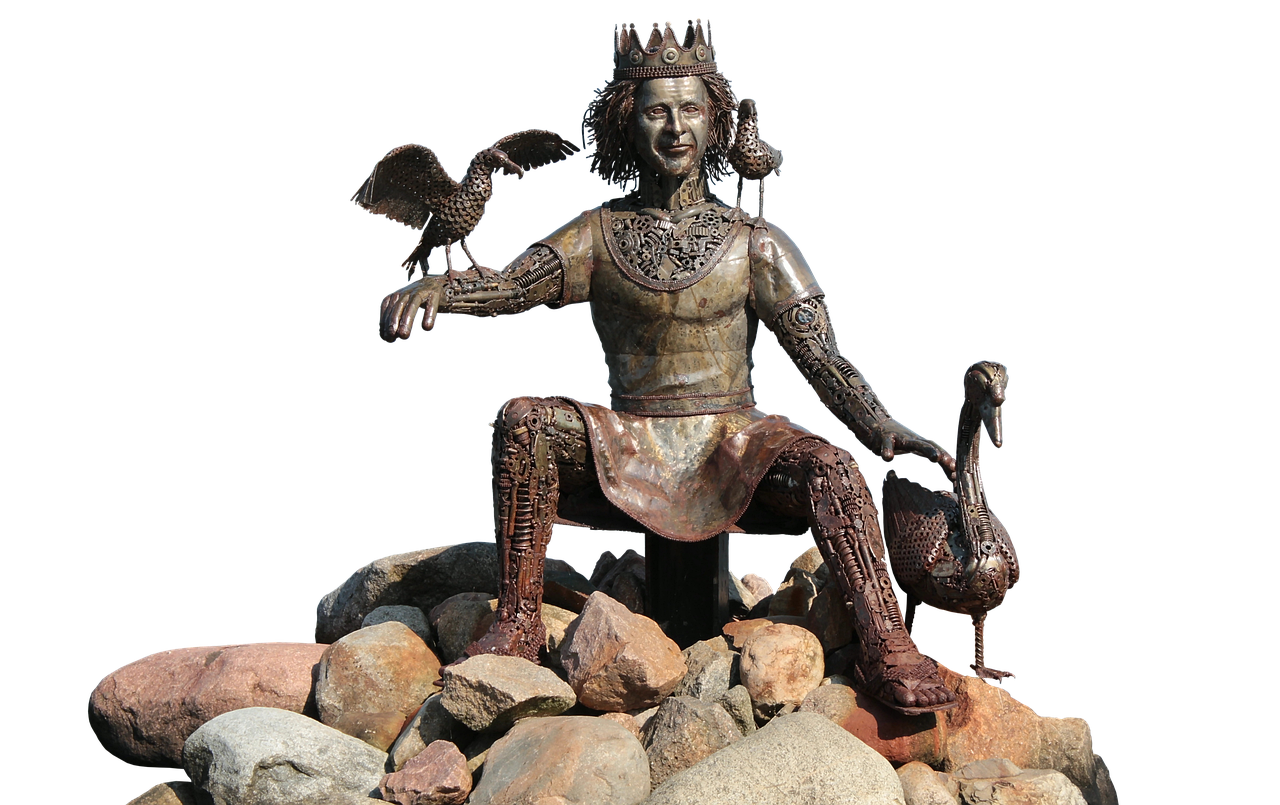
The tale of Orpheus and Eurydice serves as a poignant reminder of love’s fragility and the inevitability of death, a theme highlighted in an intriguing myth regarding ancient Roman generals, who were reportedly reminded of mortality with the phrase “Memento Mori.” While the knowledge of our mortality is universally acknowledged, coming to terms with it…
-
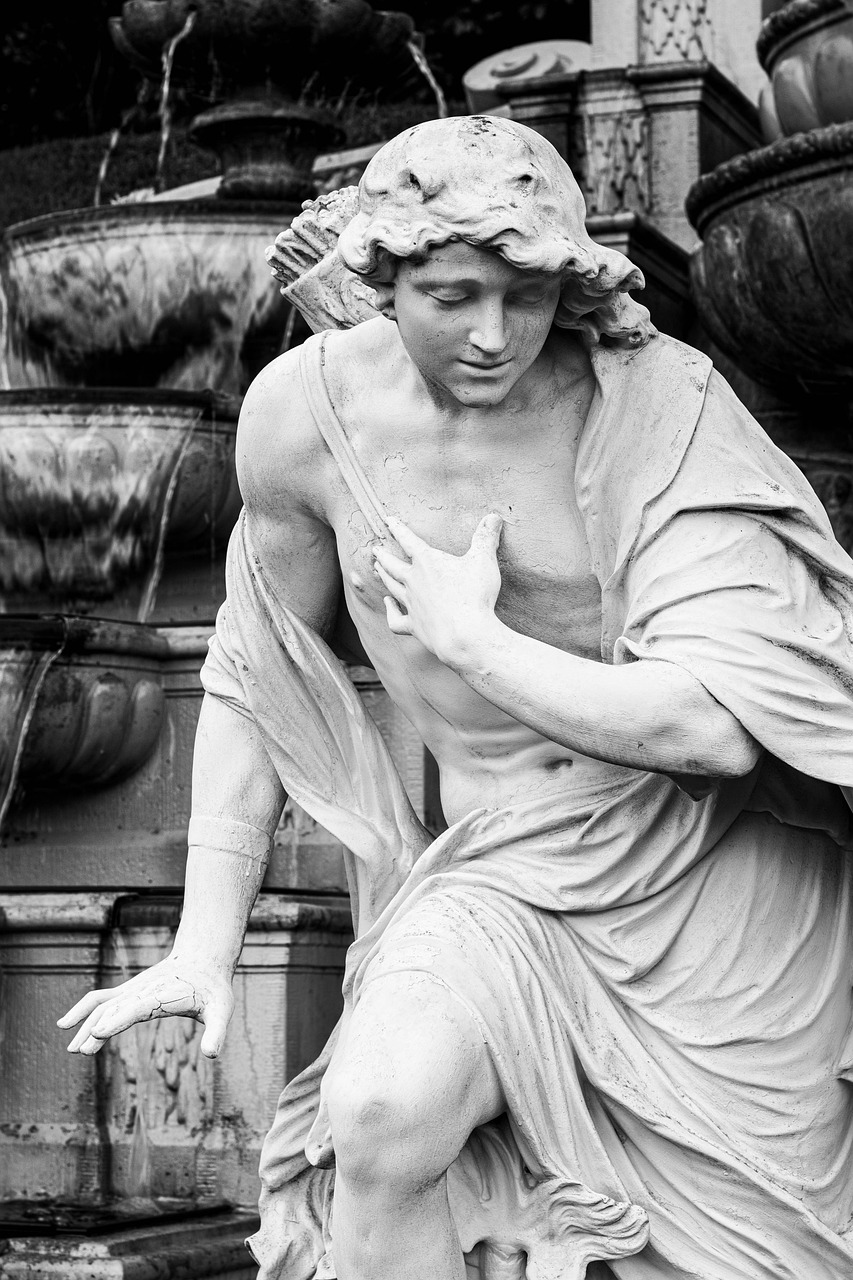
Hera, known as Juno in Roman mythology, stands as the wife of Zeus and commands her stature as the queen among the pantheon of ancient Greek deities. She embodies the ideal of womanhood, acting as the goddess of marriage, family, and a guardian for women during childbirth. Although fiercely loyal to Zeus, Hera is infamous…
-

Aphrodite, the revered goddess of love and beauty, is indeed one of the most recognized figures from Greco-Roman mythology. Her significance in ancient Greek culture was monumental, and she continues to be a symbol of love and beauty in contemporary times. Even though she no longer serves as a focal point in global education, her…
-
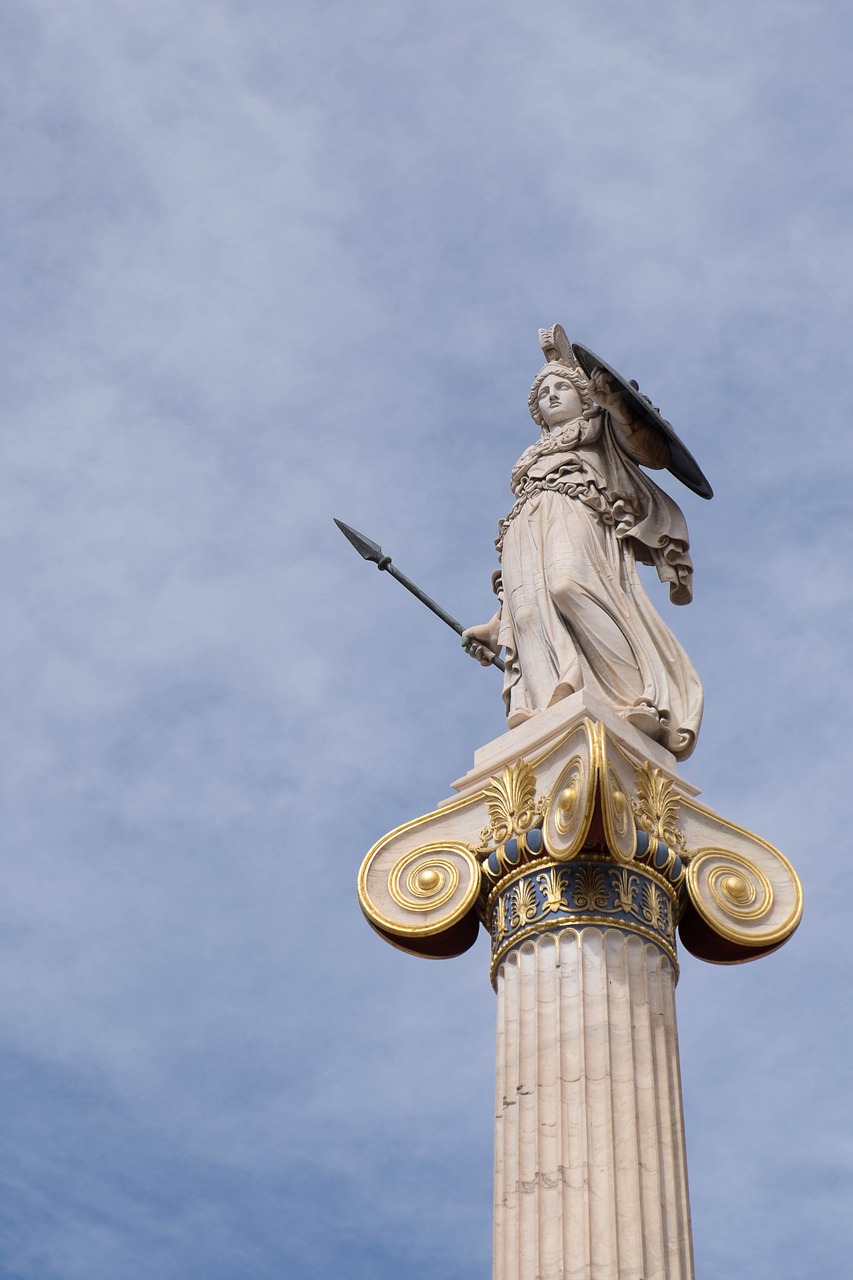
Demeter is a significant figure in Greek mythology, recognized as the goddess of agriculture and daughter of the titans Cronus and Rhea, while also being the sister and consort of Zeus, the sovereign of the gods. Her very name alludes to her maternal role. Though Homer makes infrequent references to her, and she is not…


